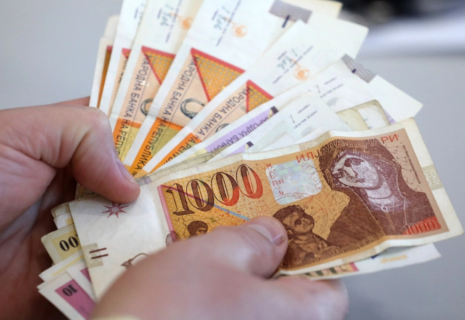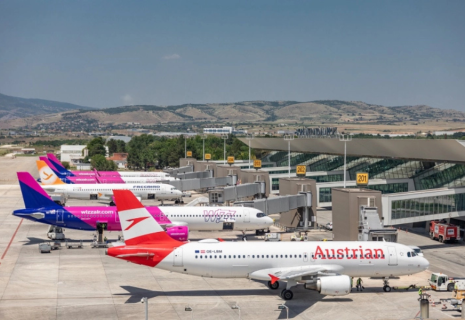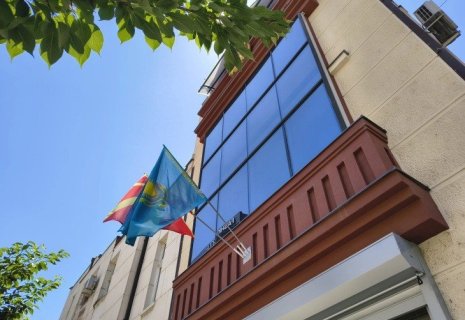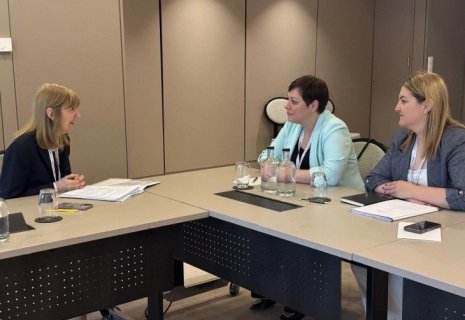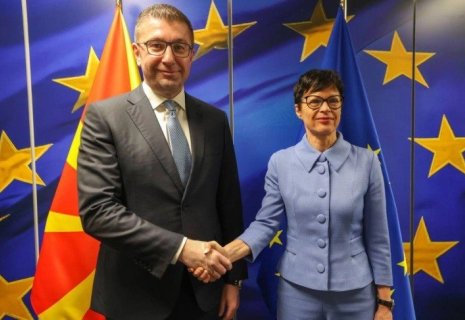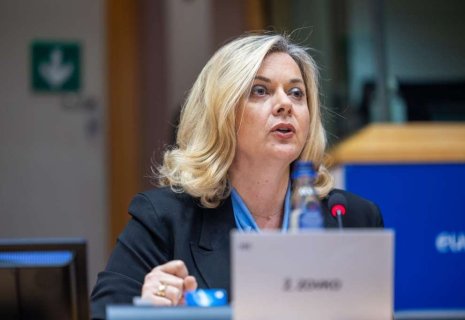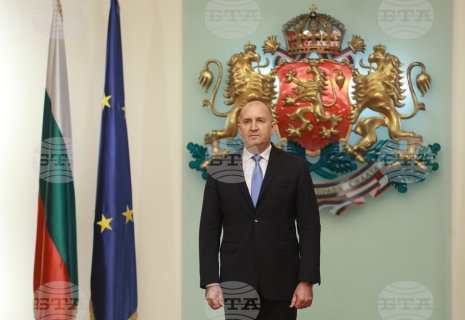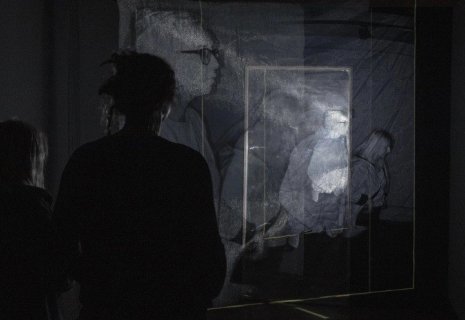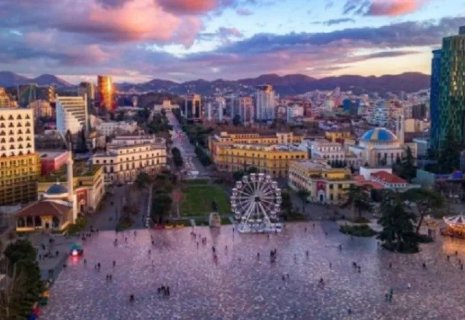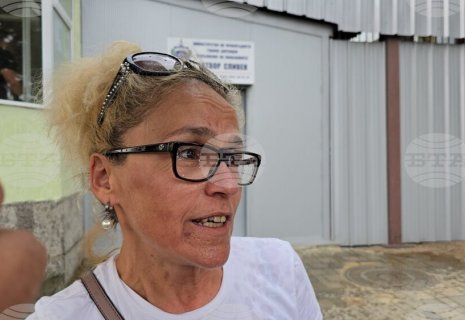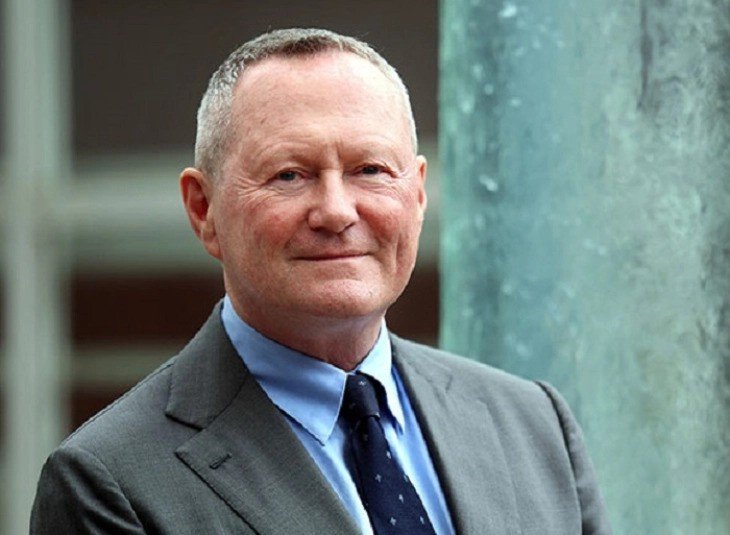
Council of Europe Urges Stronger Roma Inclusion in North Macedonia
North Macedonia continues to pursue its long-standing commitment to advancing Roma inclusion and equality, notably through the adoption of consecutive national strategies and thematic action plans, but it needs to step up efforts to provide healthy environment and protection of human rights of all citizens, CE Report quotes MIA.
This is noted in a statement of the Council of Europe (CoE) Commissioner for Human Rights, Michael O’Flaherty, issued following his last week’s visit to the country, focused on the human rights of Roma, as part of a multi-country review of their situation in Europe, and on the human rights implications of serious environmental challenges.
“The Commissioner acknowledges significant achievements, which include the recognition of Roma in the Constitution, progress in eradicating statelessness and improving Roma children’s access to education,” said the statement.
He also acknowledges the important role of the vibrant Roma civil society in the country and the fact that Roma, including influential Roma women, are present in state institutions and participate in shaping relevant policies.
“I encourage the authorities to continue to strive for equitable representation of Roma in public administration in accordance with the law and to continue to pay specific attention to empowering Roma women and girls in all fields of life,” said O’Flaherty.
Despite these positive steps, the Commissioner notes, Roma remain the most marginalised group in society and continue to experience discrimination across many areas of life. Roma in some parts of the country continue to live in substandard conditions in settlements because of the failure to adopt urbanisation plans and difficulties in securing the legalisation of dwellings.
“I call on the government to ensure more effective coordination among ministries and with local governments for effective implementation of strategies across the country,” the Commissioner said.
O’Flaherty further calls for raising awareness of and celebrating the identity and cultural heritage of Roma and for effectively combating antigypsyism which, as he said, is still widespread in society.
“The Commissioner is concerned by the persistent ethnic profiling by police, police violence, and instances of ill-treatment of Roma in prison, despite the measures taken by the authorities in the context of the execution of the Kitanovski and Others v. North Macedonia group of cases. He urges the authorities to strengthen accountability mechanisms, to ensure that no violence is tolerated and to improve the effectiveness of anti-discrimination training for law enforcement and criminal justice officials,” said the statement.
The Commissioner paid specific attention to the most vulnerable and deprived among Roma, including street children who live in dire poverty and whose human rights need to be urgently protected. While recognising that sustainably solving their situation requires a
O’Flaherty called for multidimensional approach in providing a sustainable solution to the issue involving street children, protection of their human rights all the while urging authorities to increase the resources available for day care centres which provide street children with a safe environment and access to some educational opportunities.
The Commissioner called on authorities to resume their efforts in ending segregation of Roma children in schools.
“Inclusive education is key to building social cohesion and the separation of children in schools should always be avoided,” said O’Flaherty.
Commissioner O’Flaherty acknowledges that North Macedonia is a party to all major international instruments on the environment, that it is working to align with European standards in this field and is a leader in recognising the right to a healthy environment in the constitution and ecocide in its criminal code.
However, the Commissioner notes that environmental degradation is a serious concern in the country for people’s rights to life, health, housing and water and sanitation, said the statement.
“Air pollution is a major scourge, together with concerns around effective waste collection, the handling of toxic landfills and water pollution. More effective implementation of international commitments and domestic laws is essential to safeguarding human rights. I note with concern that access to justice in environmental matters remains limited, and call on the authorities to remove practical and legal obstacles that prevent individuals and communities from effectively defending their rights before courts,” said O’Flaherty.
Commissioner O’Flaherty further encourages the adoption of the long-awaited Law on Climate, which would provide a legal foundation for North Macedonia’s climate action under international commitments such as the UN Framework Convention on Climate Change.
Commissioner O’Flaherty also addressed additional issues of general importance for the upholding of human rights. “Civil society organisations reported the severe impact of cuts in US funding on their functioning, which affects many organisations, and particularly those working in the fields of defending the human rights of LGBTI people, media freedom and the fight against corruption. He calls on the authorities and donors to ensure these organisations can continue their vital work.
Furthermore, the Commissioner calls on the authorities to adopt the law on the Ombudsman institution and strengthen the institution so that it can apply for A Status as National Human Rights Institution, under the UN Paris Principles.
“He encourages the authorities to uphold the country’s good record and execute all pending judgments of the European Court of Human Rights, including in the case of X. v. North Macedonia on legal gender recognition,” said the statement.
During his visit to North Macedonia, the Commissioner met with the Deputy Prime Minister and Minister of Environment and Physical Planning, Izet Medziti; the Minister of Foreign Affairs, Timčo Mucunski; the Minister of Justice Igor Filkov; the Minister of Education, Vesna Janevska; the Deputy Minister of Social Policy, Demography and Youth, Gjoko Velkovski, and the Director of the State Environment Inspectorate, Ivana Ginovska. The Commissioner also met with the Ombudsman of North Macedonia, Naser Ziberi, and members of the Commission for the Prevention and Protection against Discrimination.
He held discussions with representatives of the United Nations and of the EU delegation. He also consulted civil society organisations and human rights defenders working on the issues covered during the visit. “The Commissioner visited the municipality of Šuto Orizari in Skopje, reputed to be one of the only Roma municipalities in Europe, where he met the mayor, Kurto Dudush and visited a settlement lacking infrastructure, before visiting a daycare centre for street children,” concluded the statement.


